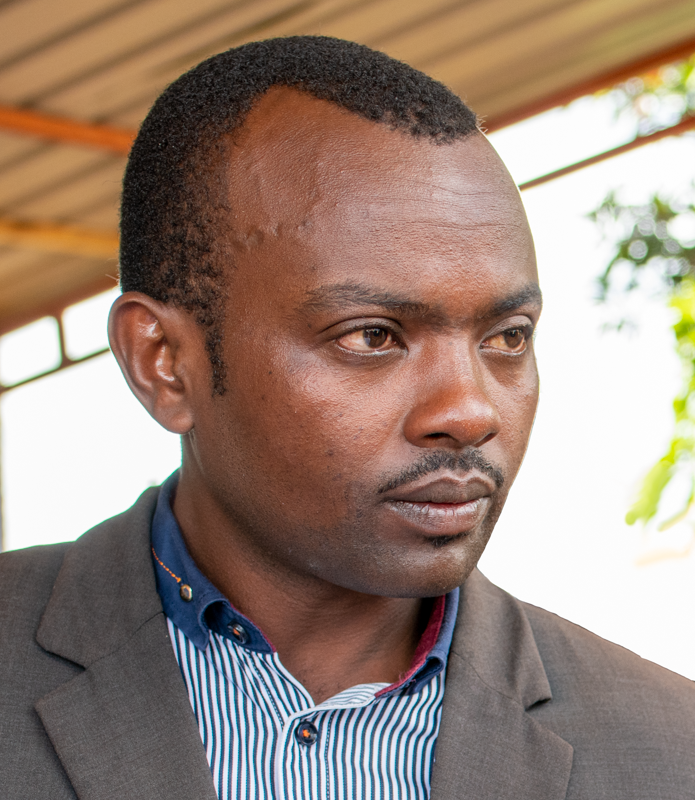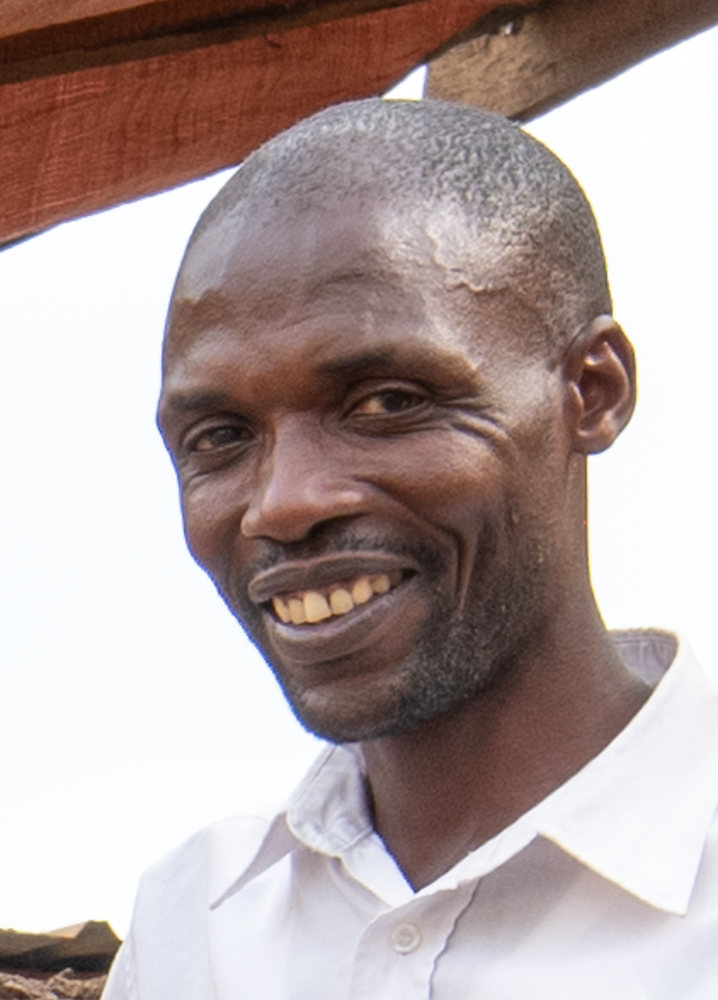Travel and justice
In 2015 Irina Zehnder wrote her bachelor thesis on the topic “Destination Rwanda”. She investigated the question of whether tourism can or should be practiced in a country like Rwanda, which is characterized on the one hand by the genocide of 1994 and on the other hand by great poverty. The research together with her former lecturer Eric Dieth led them to the conclusion that, in view of the enormous imbalance of power between Western travelers and the local population, cooperative interpersonal encounters are needed in order to learn from each other and to move each other forward. In order to be able to take steps towards justice through our visits, the people, the lives of those involved must be at the center of the exchange. In addition to the massive imbalance of power, the racial, ethnic, or cultural blanketizations on both sides also pose a threat to justice. Would we be able to meet each other as individuals with our own creative histories, or merely as representatives of Europe, white, African, black, rich or poor, man or woman? Would the short time available in travel be sufficient to get to know the individual and not seek to confirm the stereotype?
Trust and taking responsibility
For us, traveling responsibly means:
– Building trusting relationships,
– discovering the world of others with an open mind and
– working together to reduce structural violence.
Anyone traveling to Paris or Barcelona is fundamentally dealing with people who have access to various social, political, and economic means of power to protect their interests. However, in the case of a significant power imbalance, it is central that the trip takes place within the framework of long-term binding relationships that make mutual assumption of responsibility for the common good possible.
Travel
Coming together – Sharing
Taking Responsibility
Gilbert Mushumba, Head of Tuzamurane
“We have seen so many tourists coming from US and Europe to Africa to spend all their money for animals and national parks, and people outside are dying of hunger. It’s like people have no value there. You, however, have a heart for people, you are willing to serve the people. When we see you coming from abroad, it builds confidence in us.”


Emanuel Zengyumba, Member of Tubehoneza
“We love visitors so much. The most impressive thing is to be with you, sitting with you, sharing our food with you. That touches our hearts more than anything else you can do. For us, it is an honor to host you. We feel, we are respected, we are valued.”
Study Trips
Communities
Development Cooperation
Rückmeldungen
Photos, Film